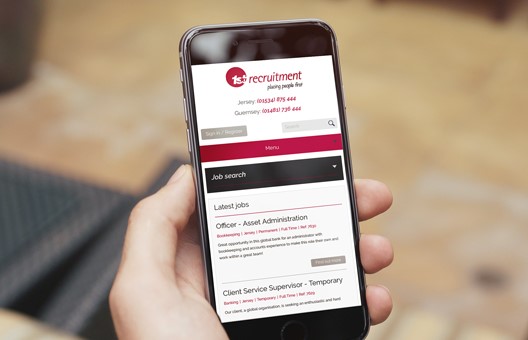Working in Dubai
Any foreign expat, who is not a UAE national, requires a residency visa to live and work in Dubai. The residency visa then allows employees to obtain a work permit or labour card, issued by the Ministry of Labour.
The majority of expats have already secured employment prior to arriving in Dubai and they do not have to deal with the relevant authorities for the work permit. The employer is required to take responsibility for the visa application process and applies to the relevant departments on behalf of the employee. Employers are also required, by law, to bear the financial costs related to the procurement of the visa.
There are different types of work permits required for employment in Dubai and these vary based on the type and duration of employment. The UAE government has tried to simplify the process of obtaining a visa but there are still several documents and legalities that must be conformed to. Below is a step-by-step guide on the application procedure.
Applying for a residence visa
In order to get a work permit, the employee must first be granted a residence visa, which is typically valid for a period of three years. Although a residence visa is not the same as a work permit or labour card, the employer usually applies for the visa on behalf of the employee.
Medical requirements for residence visa
A valid health certificate is required for the issuance of a residence permit; this requires applicants to undergo a health check at any government hospital or medical clinic. The test must be conducted once the applicant is in the country; tests from outside the country are not accepted.
Procedure for entry permits and work permits
The first step towards getting your work permit is to get approval from the Ministry of Labour. The employer will apply for this on behalf of the employee. If the approval is for application in any of the free zones, approval must be granted before the employee enters the UAE. During this approval process, the Ministry of labour usually bases its decision by checking that there are no unemployed UAE citizens who are able to perform the relevant job.
Upon receipt of approval, the Ministry issues an Entry Permit Visa (also known as a pink visa) which allows applicants to legally enter the UAE. This permit is valid for 2 months from the date of issue and allows the holder to remain in the UAE for a period of 30 days, extendable twice.
After the employee enters the country, the employer then begins the application process for the labour card. For free zone employment an ID card will be issued; both IDs and labour cards are typically valid for 2 years. Once the employee enters the country, he has sixty days in which to complete all the formalities required to get a residence visa. It is advisable to get these procedures done as soon as possible rather than waiting till the last moment.
The employee then needs to go to the Emirates ID service centre after getting the relevant form typed up at any typing centre. Original valid passport and valid entry permit are required.
The employer can now apply to the Immigration authorities for the residence visa; the employee needs to go to any of the government hospitals for their medical fitness tests. Certain professions also require employees to provide relevant educational qualifications which will be authenticated by the UAE embassy in your home country as well as the Ministry of Foreign Affairs in the UAE.
Once the employer has the results of the medical fitness test, he can then go to the Department of Naturalisation and Residency Dubai (DNRD) with all the supporting documents and the visa can be stamped on the employee’s passport.
Follow 1st Recruitment Group on facebook, twitter and LinkedIn for the latest job vacancies and news.
Our candidates enjoy our personal, focused approach. It helps them to make valuable connections and develop successful careers.





